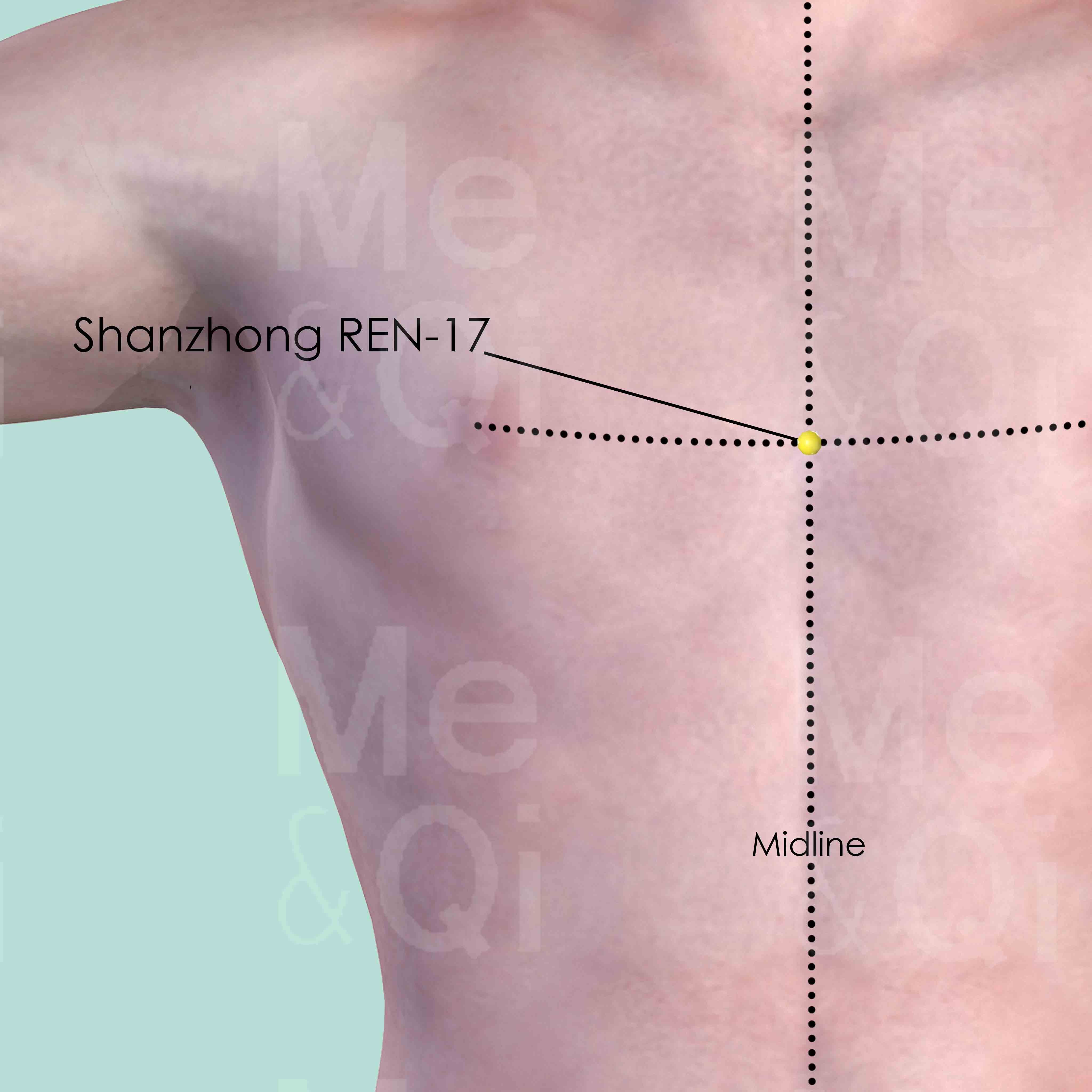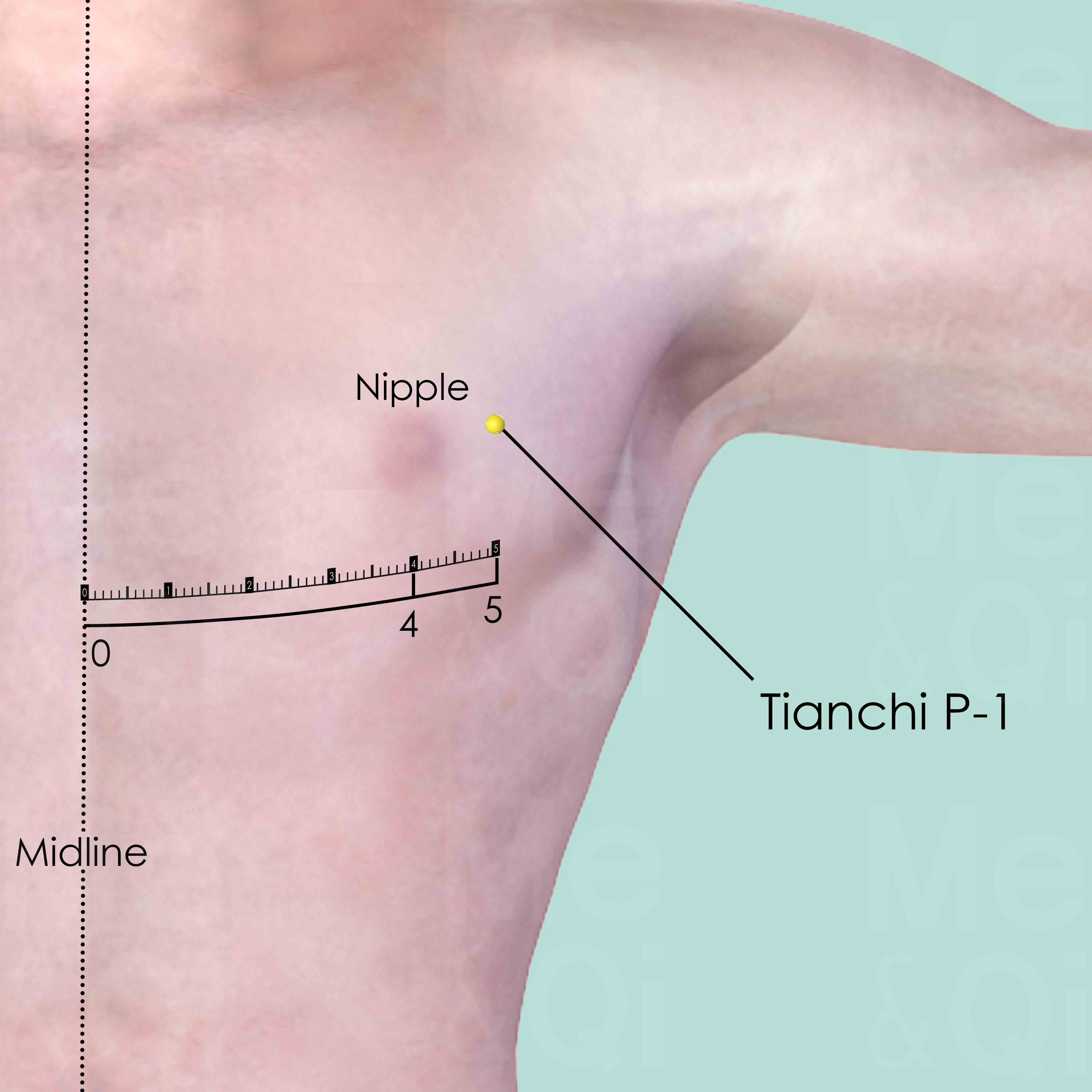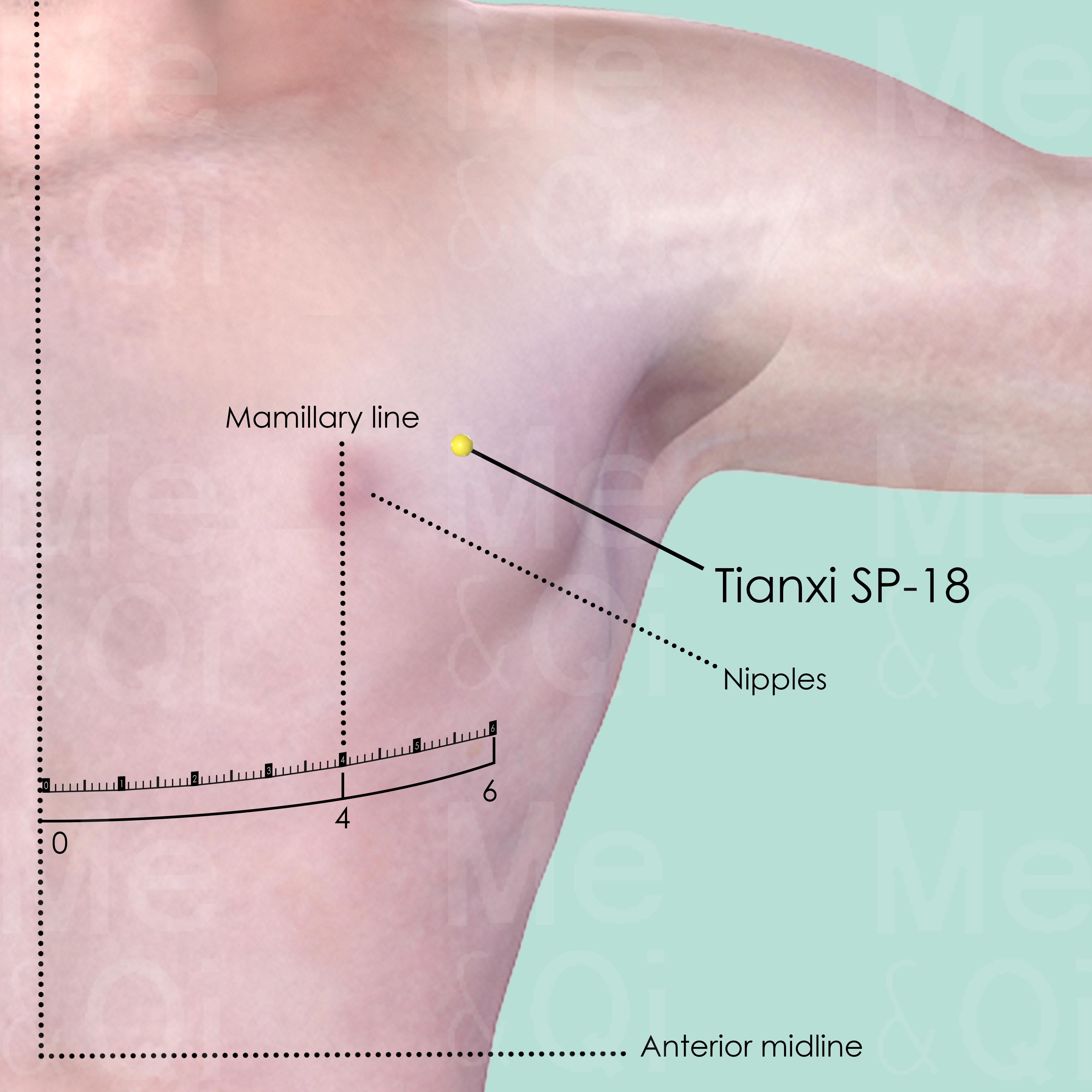Low Milk Supplyaccording to TCM
Symptom family: Breastfeeding Conditions
Sub-symptom(s): Feeling Breasts Empty Whilst Breastfeeding
Did you mean? Clogged Milk Ducts
What is low milk supply?
Low milk supply is a common concern for many new mothers, characterized by the body's inability to produce an adequate amount of breast milk to meet the nutritional needs of a baby.
This condition can manifest in various forms, such as the sensation of empty breasts during breastfeeding, indicating that the milk production is not sufficient. The reasons behind low milk supply are numerous and can range from hormonal imbalances and physical health issues to external factors like stress and inadequate breastfeeding techniques.
Understanding and addressing these underlying causes is crucial for improving milk production and ensuring a successful breastfeeding experience.
How does TCM view low milk supply?
From the perspective of Traditional Chinese Medicine (TCM), low milk supply is viewed through a lens quite different from Western medicine. TCM interprets this condition as a symptom of imbalance within the body's energy systems.
According to TCM, the body is governed by a network of energies, and low milk supply results when there's a disruption in the flow or a deficiency in these energy systems. Identifying the specific pattern of disharmony causing the symptom is a foundational step in TCM, as it guides the choice of treatment.
This holistic approach emphasizes the importance of restoring balance to the body's energy systems to treat symptoms like low milk supply.
Root Causes of Low Milk Supply in TCM
In TCM, the causes of low milk supply are attributed to various patterns of disharmony within the body. Two primary patterns often associated with this condition are Qi Deficiency and Qi Stagnation.
Qi Deficiency, involving inadequate energy flow, can manifest as low milk supply alongside general weakness, fatigue, and a pale complexion. Treatment focuses on nourishing the Qi and Blood to enhance vitality and milk production.
On the other hand, Qi Stagnation, particularly Liver Qi Stagnation, is characterized by emotional stress leading to physical symptoms like chest and abdominal distension, which can also affect milk supply. Addressing this involves invigorating the Qi and smoothing its flow to alleviate stagnation and promote lactation.
These examples illustrate the complexity of TCM diagnosis and the emphasis on treating the underlying causes rather than just the symptoms.
Explore below more details about what might cause Low milk supply according to TCM.
- By Syndrome
- By Organ
- Qi Deficiency
- Blood Deficiency
- Qi Stagnation
- Phlegm
- Yin Deficiency
- View More Causes
- Liver
- Heart
- Spleen
- Stomach
- View More Organs
Qi Deficiency
Qi Deficiency in TCM is like running low on battery power. Qi is the vital energy that powers every function in your body. When there's a Qi Deficiency, it means your body doesn't have enough of this essential energy. This can make you feel tired all the time, weak, or even cause shortness of breath. It's similar to how you feel when you haven't had enough sleep or nutritious food. Your body just doesn't have the energy it needs to perform at its best. Unlike modern medicine, which often focuses on specific physical causes for fatigue and weakness, TCM views Qi Deficiency as an overall energy depletion that affects your entire well-being, and it seeks to replenish and balance this vital energy.... see more
Qi Deficiency Patterns That Can Lead to Low Milk Supply
Common Symptoms: Generalized Fatigue Weak Voice Pale Face Shortness Of Breath Dizziness Lack Of Appetite Lower Abdominal Pain Pale Lips
| Pattern Name | Relevant Symptoms | Relevant Formulas |
|---|---|---|
| Qi and Blood Deficiency | Insufficient or absent lactation after childbirth, agalactorrhea, hypogalactia, hypogalactorrhea, insufficient milk syndrome, lactation insufficiency, low breast milk supply, agalactia, Low milk supply, No feeling of distension of the breasts, General weakness, Generalized fatigue, Weak voice, Pale face, Shortness of breath, Palpitations, Dizziness, Poor memory, Insomnia, Reluctance to speak, Lack of appetite, Limb numbness, Skin numbness... see more | Si Wu Tang | Tong Ru Dan | Gui Pi Tang | Ba Zhen Tang | Guo Qi Yin | Zhi Gan Cao Tang |
| Spleen and Stomach Qi Deficiency | Insufficient or absent lactation after childbirth, No feeling of distension of the breasts, Dizziness, Unsteadiness, Blurry vision, Deafness, Tinnitus, Shortness of breath, Weak voice, Pale face, Lack of appetite, Diarrhea... see more | Ba Zhen Tang | Ren Shen Yang Rong Tang |
Blood Deficiency
Blood Deficiency in TCM is like when your body's tank runs low on the vital energy that blood provides. It's not exactly the same as anemia in modern medicine, which is about having too few red blood cells. Instead, Blood Deficiency in TCM is about your body not having enough of the life-giving qualities that blood brings, like nourishment and moisture. This can make you feel tired, look pale, and even feel dizzy or have blurry vision. It's like a garden not getting enough water to stay lush and vibrant. TCM sees this as an imbalance where the body isn't being nourished as it should be, impacting overall health and well-being.... see more
Blood Deficiency Patterns That Can Lead to Low Milk Supply
| Pattern Name | Relevant Symptoms | Relevant Formulas |
|---|---|---|
| Qi and Blood Deficiency | Insufficient or absent lactation after childbirth, agalactorrhea, hypogalactia, hypogalactorrhea, insufficient milk syndrome, lactation insufficiency, low breast milk supply, agalactia, Low milk supply, No feeling of distension of the breasts, General weakness, Generalized fatigue, Weak voice, Pale face, Shortness of breath, Palpitations, Dizziness, Poor memory, Insomnia, Reluctance to speak, Lack of appetite, Limb numbness, Skin numbness... see more | Si Wu Tang | Tong Ru Dan | Gui Pi Tang | Ba Zhen Tang | Guo Qi Yin | Zhi Gan Cao Tang |
Qi Stagnation
Qi Stagnation in TCM is like having a traffic jam in your body's energy system. Qi, the vital life force that flows through your body, is supposed to move smoothly to maintain health and balance. But with Qi Stagnation, this flow gets blocked or slowed down, like cars stuck on a highway. This can lead to symptoms like feeling stressed, emotional mood swings, and physical discomfort, often described as a feeling of fullness or tightness, especially in the chest or abdomen. It's as though the body's internal energy circulation is disrupted, causing various issues. TCM sees this as an energy flow problem, different from modern medicine's focus on specific physiological processes.... see more
Qi Stagnation Patterns That Can Lead to Low Milk Supply
| Pattern Name | Relevant Symptoms | Relevant Formulas |
|---|---|---|
| Liver Qi Stagnation | Insufficient or absent lactation after childbirth, agalactorrhea, hypogalactia, hypogalactorrhea, insufficient milk syndrome, lactation insufficiency, low breast milk supply, agalactia, Hypochondriac distention, Chest distension, Upper abdominal distension, Abdominal distention, Sighing, Melancholia, Depression, Mood swings, Irregular periods, Globus sensation, Pre menstrual breast distension, Pre menstrual tension, Anxiety, Anger... see more | Xia Ru Yong Quan San | Xiao Yao San | Yue Ju Wan |
Phlegm
In TCM "Phlegm" as a pattern of disharmony is a complex concept that extends beyond the physical manifestation of mucus. It represents a pathological factor that can disrupt the flow of Qi (vital energy) and blood, leading to various health issues. Phlegm in TCM is seen as a sticky, turbid substance arising from the body's inability to metabolize fluids properly, often due to a dysfunction of the spleen. It's not only associated with respiratory problems like cough and congestion but also with systemic issues. Symptoms can include a feeling of heaviness, mental cloudiness, dizziness, and in some cases, the formation of lumps or masses. Phlegm can even be "invisible," contributing to emotional disturbances like depression or stress. ... see more
Phlegm Patterns That Can Lead to Low Milk Supply
| Pattern Name | Relevant Symptoms | Relevant Formulas |
|---|---|---|
| Phlegm | agalactorrhea, hypogalactia, hypogalactorrhea, insufficient milk syndrome, lactation insufficiency, low breast milk supply, agalactia, No feeling of distension of the breasts, Feeling of oppression of the chest, Head fog, Dizziness | Cang Fu Dao Tan Wan |
Yin Deficiency
Yin deficiency in TCM is a pattern of disharmony characterized by a depletion of the body's Yin energy, which represents the cooling, moistening, and nurturing aspects of our physiology. This condition often arises from factors like chronic stress, overwork, insufficient rest, or prolonged illness. Symptoms of Yin deficiency can include a sensation of heat, especially in the afternoon or evening, night sweats, insomnia, a dry mouth or throat, and a red tongue with little coating. There might also be a general feeling of restlessness or irritability. Since Yin is essential for balancing the body's active and warm Yang energy, its deficiency leads to a relative excess of Yang, manifesting as heat or dryness symptoms.... see more
Yin Deficiency Patterns That Can Lead to Low Milk Supply
| Pattern Name | Relevant Symptoms | Relevant Formulas |
|---|---|---|
| Heart Yin Deficiency | Scanty breast milk, Low milk supply, Night sweats, Feeling of uneasiness, Feeling hot, Heat sensation in palms | Tian Wang Bu Xin Dan | Ren Shen Dang Gui Tang |
Liver
In TCM the Liver is viewed as the organ responsible for the smooth flow of Qi, Blood, and emotions throughout the body. It plays a key role in regulating mood, storing blood, supporting digestion, and ensuring the health of tendons and eyes. When the Liver malfunctions or is imbalanced in TCM, it can lead to a range of issues such as irritability, mood swings, menstrual irregularities, eye problems, and muscular stiffness or pain. A malfunctioning Liver in TCM reflects not only physical disturbances but also emotional and mental disharmony, emphasizing the holistic approach of TCM in addressing health and wellness.... see more
Liver Patterns That Can Lead to Low Milk Supply
| Pattern Name | Relevant Symptoms | Relevant Formulas |
|---|---|---|
| Liver Qi Stagnation | Insufficient or absent lactation after childbirth, agalactorrhea, hypogalactia, hypogalactorrhea, insufficient milk syndrome, lactation insufficiency, low breast milk supply, agalactia, Hypochondriac distention, Chest distension, Upper abdominal distension, Abdominal distention, Sighing, Melancholia, Depression, Mood swings, Irregular periods, Globus sensation, Pre menstrual breast distension, Pre menstrual tension, Anxiety, Anger... see more | Xia Ru Yong Quan San | Xiao Yao San | Yue Ju Wan |
Heart
In TCM the Heart is considered the "emperor" of all organs, primarily responsible for governing Blood and housing the mind, known as "Shen." It plays a crucial role in maintaining mental-emotional equilibrium and controlling the circulation of Qi and blood throughout the body. When the Heart is imbalanced or malfunctions in TCM, it can lead to a range of issues like heart palpitations, insomnia, dream-disturbed sleep, anxiety, and a flushed complexion. Emotional disturbances such as excessive joy or lack of joy are also seen as signs of Heart disharmony. These symptoms reflect not just physical heart conditions but also the state of one's Shen, indicating the interconnectedness of physical and emotional well-being in TCM.... see more
Heart Patterns That Can Lead to Low Milk Supply
| Pattern Name | Relevant Symptoms | Relevant Formulas |
|---|---|---|
| Heart Yin Deficiency | Scanty breast milk, Low milk supply, Night sweats, Feeling of uneasiness, Feeling hot, Heat sensation in palms | Tian Wang Bu Xin Dan | Ren Shen Dang Gui Tang |
Spleen
In TCM the Spleen plays a vital role in digestion and transformation, converting food into energy and nutrients, and overseeing the distribution of Qi and Blood. It's also crucial in maintaining the health of muscles and limbs and ensuring the blood remains within the vessels. When the Spleen malfunctions in TCM, it can lead to a variety of issues such as digestive disorders, fatigue, weak muscles, bloating, and a feeling of heaviness. It can also cause a pale complexion, poor appetite, and a tendency to bruise easily. Emotionally, a Spleen imbalance is often associated with excessive worry or overthinking, reflecting its role in the interplay between physical and mental health.... see more
Spleen Patterns That Can Lead to Low Milk Supply
| Pattern Name | Relevant Symptoms | Relevant Formulas |
|---|---|---|
| Spleen and Stomach Qi Deficiency | Insufficient or absent lactation after childbirth, No feeling of distension of the breasts, Dizziness, Unsteadiness, Blurry vision, Deafness, Tinnitus, Shortness of breath, Weak voice, Pale face, Lack of appetite, Diarrhea... see more | Ba Zhen Tang | Ren Shen Yang Rong Tang |
Stomach
In TCM the Stomach is regarded as the "sea of nourishment," pivotal for digesting food and transforming it into Qi and blood. It works closely with the Spleen to distribute these essential nutrients throughout the body. When the Stomach is out of balance or malfunctions in TCM, it often leads to digestive problems such as bloating, nausea, vomiting, poor appetite, or a feeling of fullness. There may also be issues like acid reflux or a sour taste in the mouth. Emotionally, an imbalanced Stomach can contribute to excessive worry and overthinking, reflecting the TCM belief that physical and emotional well-being are deeply interconnected.... see more
Stomach Patterns That Can Lead to Low Milk Supply
| Pattern Name | Relevant Symptoms | Relevant Formulas |
|---|---|---|
| Spleen and Stomach Qi Deficiency | Insufficient or absent lactation after childbirth, No feeling of distension of the breasts, Dizziness, Unsteadiness, Blurry vision, Deafness, Tinnitus, Shortness of breath, Weak voice, Pale face, Lack of appetite, Diarrhea... see more | Ba Zhen Tang | Ren Shen Yang Rong Tang |
TCM Herbal Formulas for Low Milk Supply
TCM offers a range of formulas and herbs tailored to the specific patterns of disharmony identified in individuals experiencing low milk supply.
For Qi and Blood Deficiency, formulas such as Gui Pi Tang, which contains Ginseng to tonify Qi, and Si Wu Tang, with Prepared rehmannia for nourishing Blood, are commonly recommended. These formulas aim to replenish the body's essential energies and substances to promote milk production.
For Liver Qi Stagnation, a condition marked by emotional stress affecting lactation, Xia Ru Yong Quan San, which includes Dong quai to invigorate Blood, is suggested to alleviate stagnation and enhance milk supply.
The selection of a formula or herb is carefully determined by the TCM practitioner, based on the individual's specific pattern of disharmony, highlighting the personalized nature of TCM treatment.
Explore below some TCM herbal formulas used to address low milk supply, organized by cause and by formula type.
- By Cause
- By Formula Type
- Qi Deficiency
- Blood Deficiency
- Qi Stagnation
- Phlegm
- Yin Deficiency
- View More Causes
- Formulas that tonify blood
- Formulas that tonify qi and blood
- Formulas that regulate blood
- Formulas that invigorate blood and dispel blood stagnation
- Formulas that harmonize liver-Spleen
- Formulas that promote qi movement
- Formulas that dry dampness and transform phlegm
- Formulas that nourish the heart and calm the mind
- Formulas that nourish yin and tonify
- Formulas that tonify
Top Formula for Qi Deficiency:
Ba Zhen Tang
Suitable for Qi Deficiency patterns that may cause low milk supply, such as Qi and Blood Deficiency or Spleen and Stomach Qi Deficiency
Learn moreAll Formulas Recommended for Low Milk Supply Caused by Qi Deficiency
| Formula | Patterns Suitable For |
|---|---|
| Ba Zhen Tang | Qi and Blood Deficiency, Spleen and Stomach Qi Deficiency |
| Si Wu Tang | Qi and Blood Deficiency |
| Tong Ru Dan | Qi and Blood Deficiency |
| Gui Pi Tang | Qi and Blood Deficiency |
| Guo Qi Yin | Qi and Blood Deficiency |
| Zhi Gan Cao Tang | Qi and Blood Deficiency |
| Ren Shen Yang Rong Tang | Spleen and Stomach Qi Deficiency |
Top Formula for Blood Deficiency:
Ba Zhen Tang
Suitable for Blood Deficiency patterns that may cause low milk supply, such as Qi and Blood Deficiency
Learn moreAll Formulas Recommended for Low Milk Supply Caused by Blood Deficiency
| Formula | Patterns Suitable For |
|---|---|
| Ba Zhen Tang | Qi and Blood Deficiency |
| Si Wu Tang | Qi and Blood Deficiency |
| Tong Ru Dan | Qi and Blood Deficiency |
| Gui Pi Tang | Qi and Blood Deficiency |
| Guo Qi Yin | Qi and Blood Deficiency |
| Zhi Gan Cao Tang | Qi and Blood Deficiency |
Top Formula for Qi Stagnation:
Xia Ru Yong Quan San
Suitable for Qi Stagnation patterns that may cause low milk supply, such as Liver Qi Stagnation
Learn moreAll Formulas Recommended for Low Milk Supply Caused by Qi Stagnation
| Formula | Patterns Suitable For |
|---|---|
| Xia Ru Yong Quan San | Liver Qi Stagnation |
| Xiao Yao San | Liver Qi Stagnation |
| Yue Ju Wan | Liver Qi Stagnation |
Top Formula for Phlegm:
Cang Fu Dao Tan Wan
Suitable for Phlegm patterns that may cause low milk supply, such as Phlegm
Learn moreTop Formula for Yin Deficiency:
Tian Wang Bu Xin Dan
Suitable for Yin Deficiency patterns that may cause low milk supply, such as Heart Yin Deficiency
Learn moreAll Formulas Recommended for Low Milk Supply Caused by Yin Deficiency
| Formula | Patterns Suitable For |
|---|---|
| Tian Wang Bu Xin Dan | Heart Yin Deficiency |
| Ren Shen Dang Gui Tang | Heart Yin Deficiency |
Formulas that tonify Qi and Blood
These formulas are suitable for some low milk supply-causing patterns like Qi and Blood Deficiency or Spleen and Stomach Qi Deficiency.
One such formula is Ba Zhen Tang, with ginseng as a key herb.
Other formulas of this category are listed in the table below.
All "formulas that tonify qi and blood" recommended for low milk supply
| Formula | Patterns Suitable For (if applicable) |
|---|---|
| Ba Zhen Tang | Qi and Blood Deficiency, Spleen and Stomach Qi Deficiency |
| Gui Pi Tang | Qi and Blood Deficiency |
| Zhi Gan Cao Tang | Qi and Blood Deficiency |
Formulas that tonify Blood
These formulas are suitable for some low milk supply-causing patterns like Qi and Blood Deficiency.
One such formula is Si Wu Tang, with prepared rehmannia as a key herb.
Other formulas of this category are listed in the table below.
All "formulas that tonify blood" recommended for low milk supply
| Formula | Patterns Suitable For (if applicable) |
|---|---|
| Si Wu Tang | Qi and Blood Deficiency |
| Guo Qi Yin | Qi and Blood Deficiency |
| Tao Hong Si Wu Tang | Not applicable |
Formulas that regulate Blood
These formulas are suitable for some low milk supply-causing patterns like Qi and Blood Deficiency.
One such formula is Tong Ru Dan, with ginseng as a key herb.
Formulas that invigorate Blood and dispel Blood Stagnation
These formulas are suitable for some low milk supply-causing patterns like Liver Qi Stagnation.
One such formula is Xia Ru Yong Quan San, with dong quai as a key herb.
Formulas that harmonize Liver-Spleen
These formulas are suitable for some low milk supply-causing patterns like Liver Qi Stagnation.
One such formula is Xiao Yao San, with bupleurum root as a key herb.
Formulas that promote Qi movement
These formulas are suitable for some low milk supply-causing patterns like Liver Qi Stagnation.
One such formula is Yue Ju Wan, with atractylodes rhizome as a key herb.
Formulas that dry Dampness and transform Phlegm
These formulas are suitable for some low milk supply-causing patterns like Phlegm.
One such formula is Cang Fu Dao Tan Wan, with coco-grass rhizome as a key herb.
Formulas that nourish the Heart and calm the Mind
These formulas are suitable for some low milk supply-causing patterns like Heart Yin Deficiency.
One such formula is Tian Wang Bu Xin Dan, with unprepared rehmannia as a key herb.
Formulas that nourish Yin and tonify
These formulas are suitable for some low milk supply-causing patterns like Heart Yin Deficiency.
One such formula is Ren Shen Dang Gui Tang, with ginseng as a key herb.
Formulas that tonify
These formulas are suitable for some low milk supply-causing patterns like Spleen and Stomach Qi Deficiency.
One such formula is Ren Shen Yang Rong Tang, with ginseng as a key herb.
Acupoints for Low Milk Supply
TCM also emphasizes the use of acupuncture, targeting specific acupoints to address low milk supply.
Points like Shaoze (SI-1) on the Small Intestine Channel and Tianzong (SI-11) are selected for their roles in promoting lactation and benefiting the breasts.
Jianjing (GB-21) on the Gall Bladder Channel is known for its effectiveness in removing obstructions and enhancing milk flow.
Rugen (ST-18) in the Stomach Channel and Shanzhong (REN-17) on the Directing Vessel are also pivotal in regulating Qi and benefiting breast health.
Each acupoint is chosen based on its traditional indications and the specific pattern of disharmony affecting the individual, demonstrating TCM's holistic and tailored approach to treatment.
Explore below some acupoints used to address low milk supply, organized by meridian.
- By Meridian
- Small Intestine Channel
- Gall Bladder Channel
- Stomach Channel
- Directing Vessel
- Pericardium Channel
- Spleen Channel
- Kidney Channel

Shaoze SI-1
On the ulnar side of the little finger, about 0.1 cun posterior to the corner of the nail.
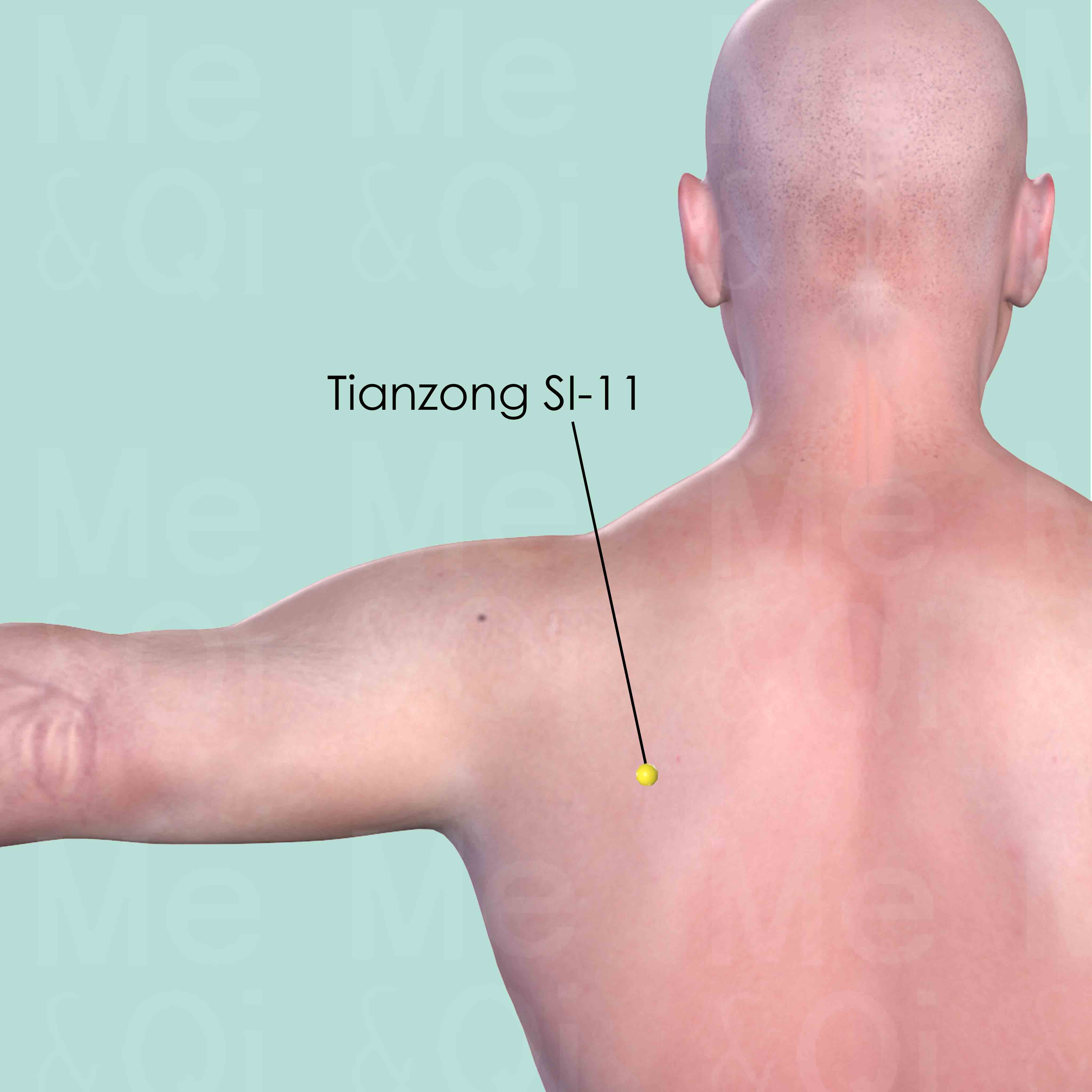
Tianzong SI-11
In the intrascapular fossa, at the junction of the upper and middle third of the distance between the lower border of the scapular spine and the inferior angle of the scapula.
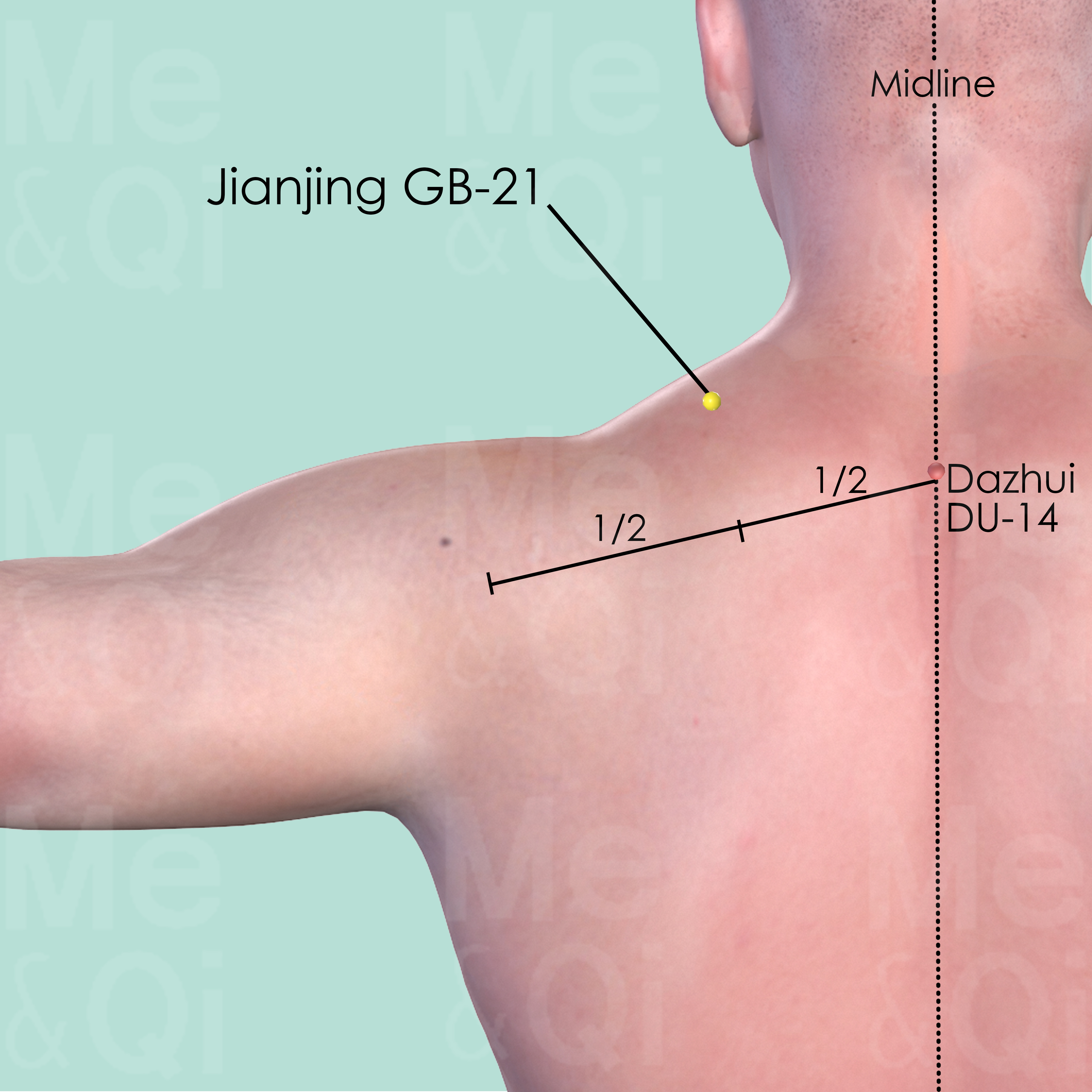
Jianjing GB-21
Midway between Dazhui DU-14 and the lateral extremity of the acromion, at the highest point of the shoulder.
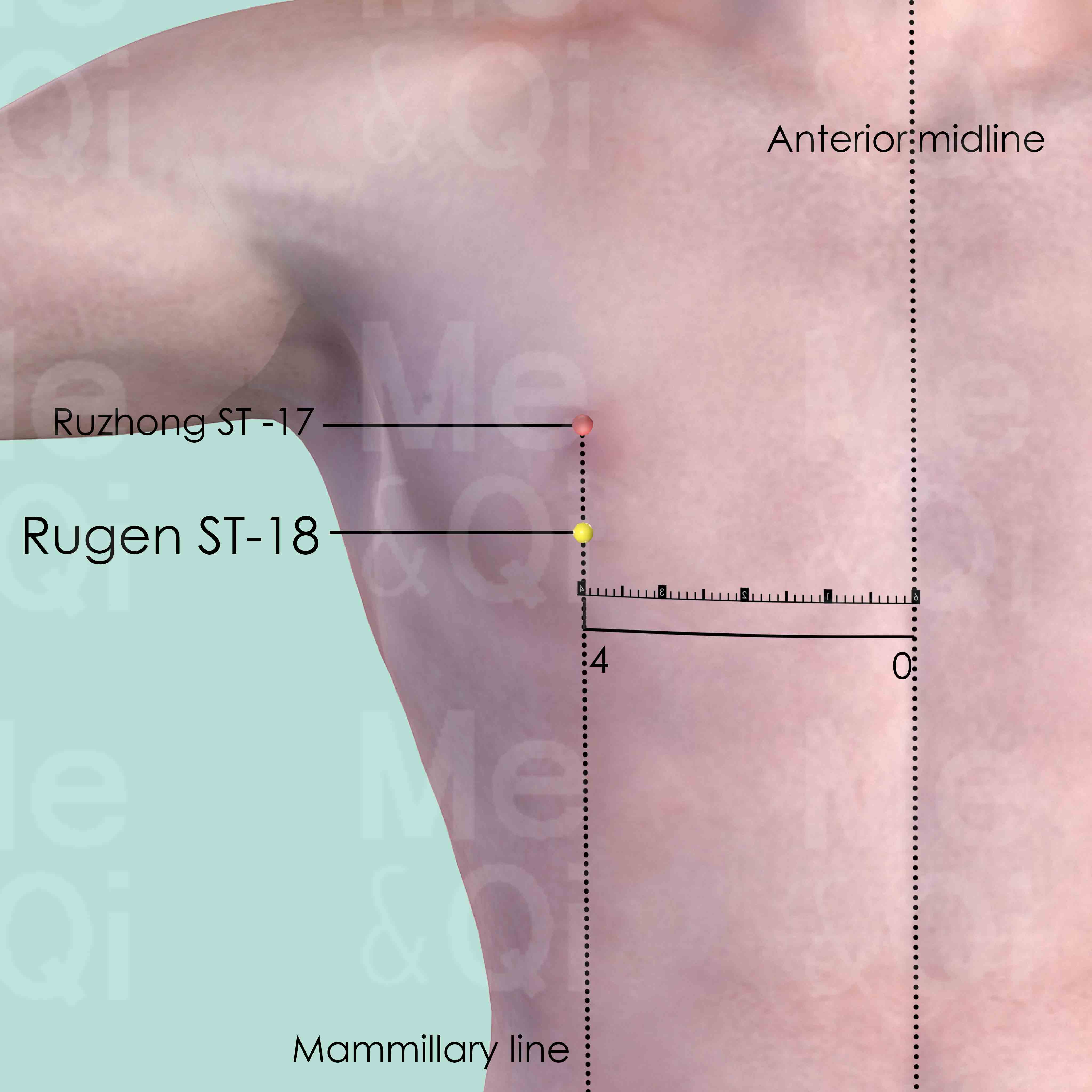
Rugen ST-18
In the 5nd intercostal space, on the mammillary line, 4 cun lateral to the anterior midline.
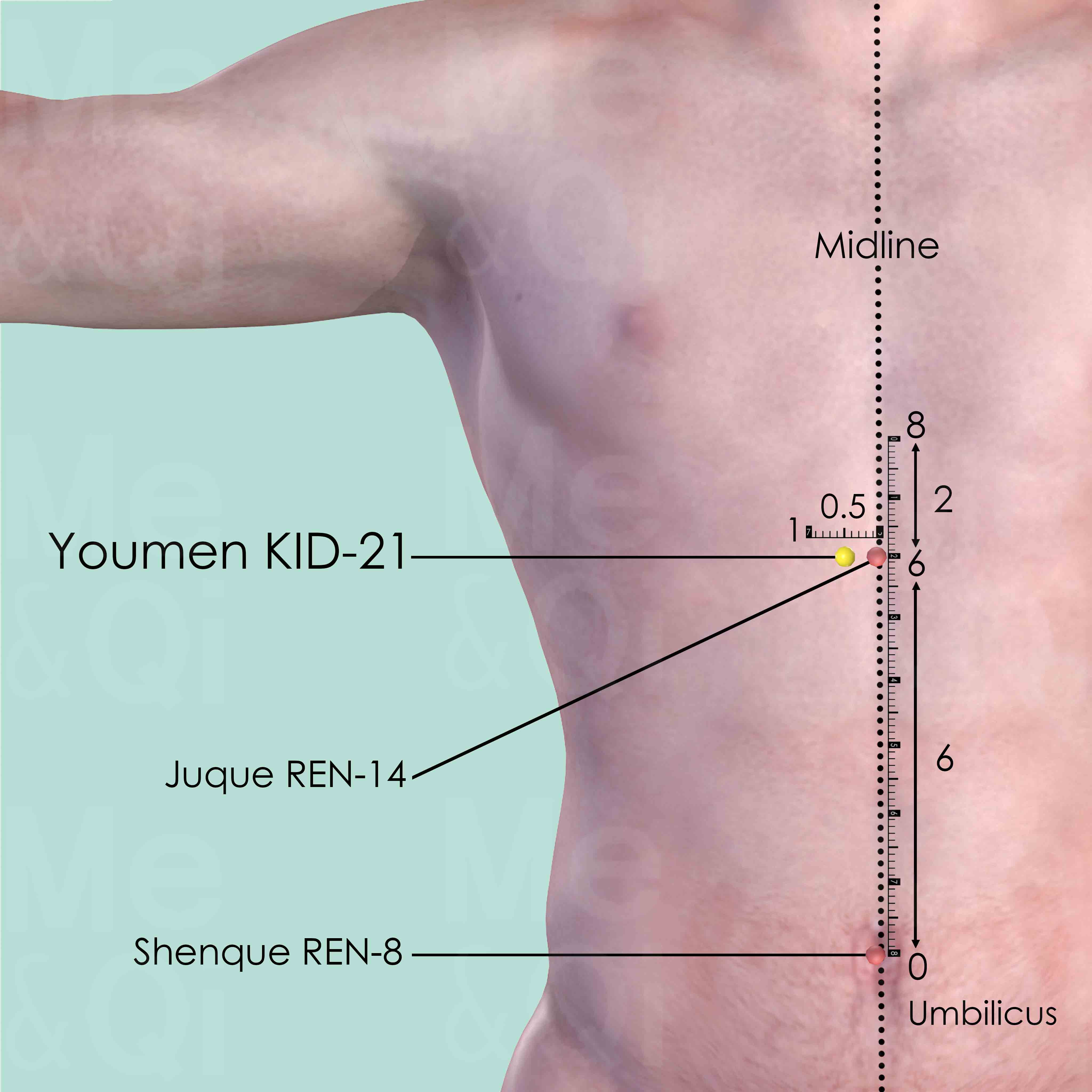
Youmen KID-21
6 cun above the umbilicus and 2 cun below the sternocostal angle, 0.5 cun lateral to the anterior midline.

